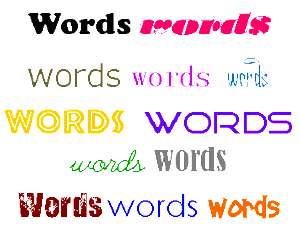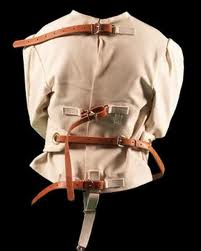 When I was a brand new writer, a number of well-established authors helped me. They gave me advice about my blurbs, how I structured my stories, my phrasing — essentially everything an early-stage writer needs to get a handle on things. Now, five years later, I won’t claim to be well established myself, but I do have my first million words written, and I do my best to return the favor by helping others who are at the beginning of their writing journey. As I do, I see many of the same mistakes repeated over and over.
When I was a brand new writer, a number of well-established authors helped me. They gave me advice about my blurbs, how I structured my stories, my phrasing — essentially everything an early-stage writer needs to get a handle on things. Now, five years later, I won’t claim to be well established myself, but I do have my first million words written, and I do my best to return the favor by helping others who are at the beginning of their writing journey. As I do, I see many of the same mistakes repeated over and over.
The good news is, writing rules can be broken, and effectively so. I am in the camp that says you have to truly understand a rule before you can break it effectively, though. In this post, I’m not talking about rules so much as generally accepted best practices. If you disagree with what I say here, I won’t argue with you. I will only say that these things are what work for me. Continue reading “On Weasel Words and Other Writing Tips for Authors”


 Guest post
Guest post